General Dumisani Khumalo Tells Madlanga Commission Why Political Killings Surged After 2021 Election
- Lieutenant-General Dumisani Khumalo began his testimony at the Madlanga Commission of Inquiry on 29 September 2025
- The Crime Intelligence Head of the South African Police Service (SAPS) spoke about the spike in political killings in 2022
- Khumalo explained that the rise was due to political parties wanting councillors to stick with certain voting blocks
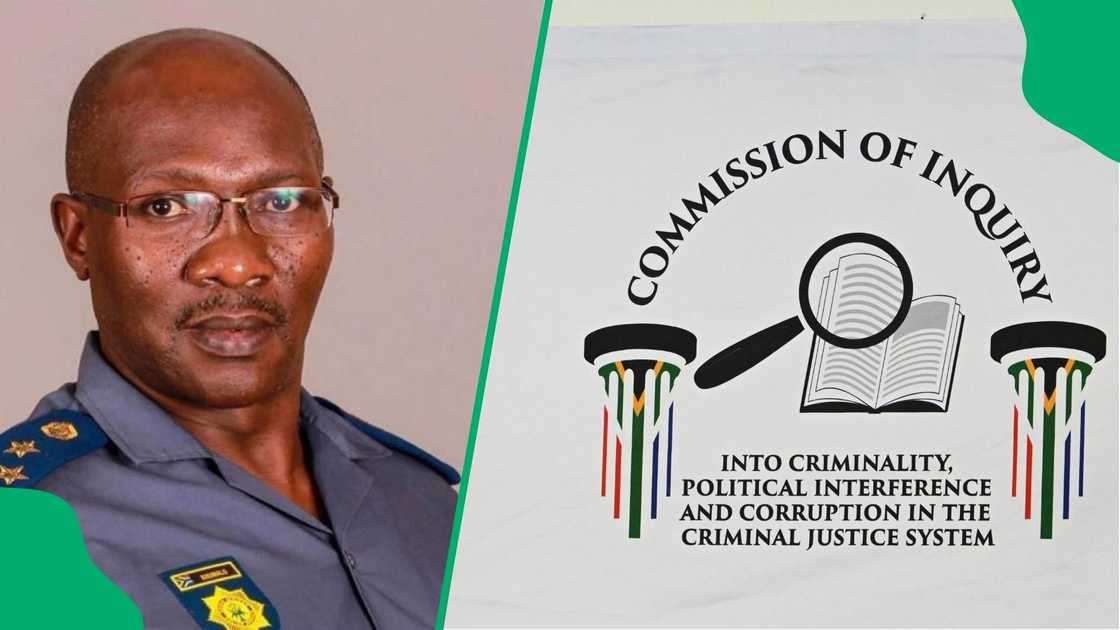
Source: Getty Images
Briefly News journalist Byron Pillay has dedicated a decade to reporting on the South African political landscape, crime, and social issues. He spent 10 years working for the Northern Natal Courier before transitioning to online journalism.
GAUTENG – The Madlanga Commission of Inquiry kicked off a new week in a big way as Lieutenant-General Dumisani Khumalo took to the stand.
The Crime Intelligence Head of the South African Police Service (SAPS) dropped a few bombshells during his first day of testimony, including how there were five major cartels operating in the country.
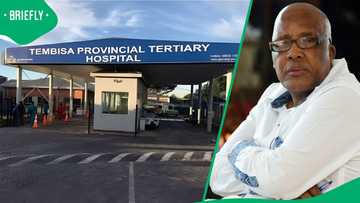
Read also
Dr Aaron Motsoaledi shocked by R2bn Tembisa Hospital corruption, South Africans mock his reaction
Khumalo also noted that there was a surge in political killings in 2022 after some councillors refused to accept financial incentives to sway votes.
What did General Khumalo say about political killings?
Testifying on 29 September 2025, Khumalo explained why political killings spiked in 2022. He explained that there were Local Government Elections in 2021, but there was a spike in 2022, saying it was not in line with the normal pattern of political killings.
He explained that the new pattern was identified based on the outcome of the elections, as the country, and particularly KwaZulu-Natal, experienced a lot of coalition governments.
General Khumalo said that after the elections, the composition of the local government would depend on the numbers, so there would be a lot of coalitions. Councillors would then be approached and offered financial incentives to vote with a certain block of political parties to ensure that those parties were in power.
“So, what will happen is, if the councillor did not accept the offer, there would be a second alternative, which was to eliminate that person,” Khumalo explained.
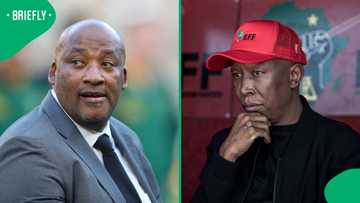
Read also
"I don’t listen to Julius": SA amused as Gayton McKenzie rejects Malema’s call for him to testify
You can view his comments below.
He said that this was done to sway the next person to vote a certain way. Khumalo’s statement is in contrast to claims made by the Minister of Police, Senzo Mchunu.
During his testimony at the Brigitte Mabandla Justice College, National Police Commissioner Fannie Masemola stated that the minister claimed political killings didn’t exist after 1994. Mchunu is alleged to have said that anything after the beginning of democracy was just murders.
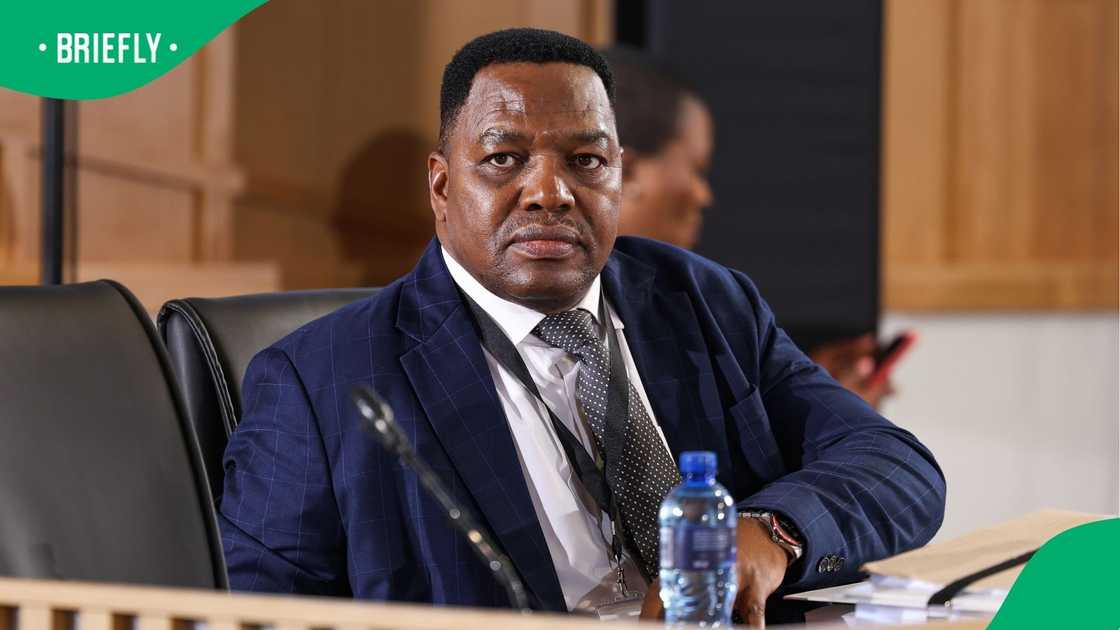
Source: Getty Images
What you need to know about the Madlanga Commission
The commission began on 17 September 2025 and has been filled with some explosive allegations already.
- General Mkhwanazi accused the Presidency of interfering with investigations.
- The KwaZulu-Natal Police Commissioner claimed that Vusimuzi Matlala’s cars were registered by the State.
- The police’s Head of Legal Services, General Petronella Van Rooyen, said Mchunu didn’t have the power to disband the task team.
- Masemola accused Mchunu and General Shadrack Sibiya of trying to protect criminal syndicates.
- The National Prosecuting Authority’s Elaine Harrison said she was not informed about the disbanding of the Political Killings Task Team.
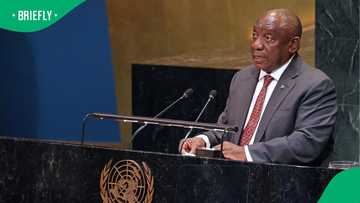
Read also
Parliament's Ad Hoc Committee wants Cyril Ramaphosa to testify in upcoming hearings, SA debates
Khumalo lists five crime cartels operating in the country
Briefly News reported that Khumalo revealed five major cartels were operating in the country.
He also implicated Vusimuzi Matlala and Katiso Molefe as heads of two of the cartels.
South Africans were stunned by the claims and were looking forward to what else he had to say.
PAY ATTENTION: Follow Briefly News on Twitter and never miss the hottest topics! Find us at @brieflyza!
Source: Briefly News

